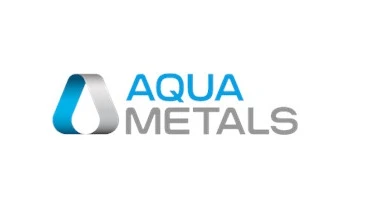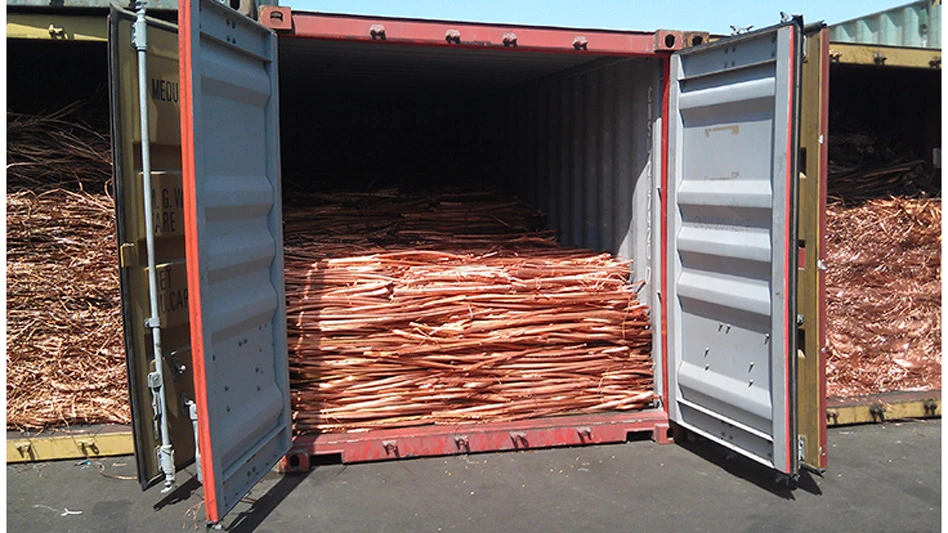
Companies involved in the first stages of the manufacturing supply chain—providers of raw materials and first-stage basic materials—have little choice but to accept that an enormous amount of variables suddenly can change the numbers on their ledgers.
Collectors, processors, traders and recyclers are part of this volatile landscape. Some financial quarters bring good tidings, while others introduce gloom, and the predominant task becomes protecting margins.
Price troughs and spikes often result from unexpected events that can have a relatively short-term impact. The harder work for recyclers who make capital expenditure decisions can involve what futurists might term “megatrends.”
Most world leaders and corporate boardrooms are convinced that too much carbon hovers in Earth’s atmosphere, and considerable financial resources are going toward changing material production and use in response.
The recycling industry can say proudly it is part of the solution. Recyclers equally can anticipate the world’s need for their secondary commodities will create consistent bidding and strong demand for recyclables.
As of this summer, however, sustainability price premiums can be hard to find."A counterpoint to unchecked optimism toward secondary commodity prices could have something to do with an old adage: ‘Nothing cures high prices like high prices.’”
The ferrous market remains in a trough, old corrugated containers shippers have to be content with modest increases and plastics recyclers wonder when the bonanza will start. The copper market is one bright spot, but its good fortunes are based on primary metal pricing and suspicions of financial speculation.
A counterpoint to unchecked optimism toward secondary commodity pricing could have something to do with an old adage: “Nothing cures high prices like high prices.”
Corporate purchasing managers and household consumers alike have price points, and governments can be inspired to react to them. When the price of copper goes too high, manufacturers scramble to find another metal to take its place. If red metal scrap is considered scarce, export bans or potential barriers could be enacted.
The European Union has lofty goals when it comes to recycling plastic packaging. Yet earlier this year, recyclers and analysts became convinced that companies finding recycled-content polyethylene terephthalate either scarce or overpriced had brought in material from China that some observers claimed was of uncertain sustainable origins.
In whatever new era is ahead, recyclers can remain confident they will find willing buyers for their materials. This will continue to bring price spikes; however, caution could be in order regarding expectations that premiums will become a constant in the market.

Explore the August 2024 Issue
Check out more from this issue and find your next story to read.
Latest from Recycling Today
- APR, RecyClass release partnership progress report
- Clearpoint Recycling, Enviroo sign PET supply contract
- Invista expanding ISCC Plus certification program
- Redwood partnership targets recycling of medium-format batteries
- Enfinite forms Hazardous & Specialty Waste Management Council
- Combined DRS, EPR legislation introduced in Rhode Island
- Eureka Recycling starts up newly upgraded MRF
- Reconomy Close the Gap campaign highlights need for circularity






